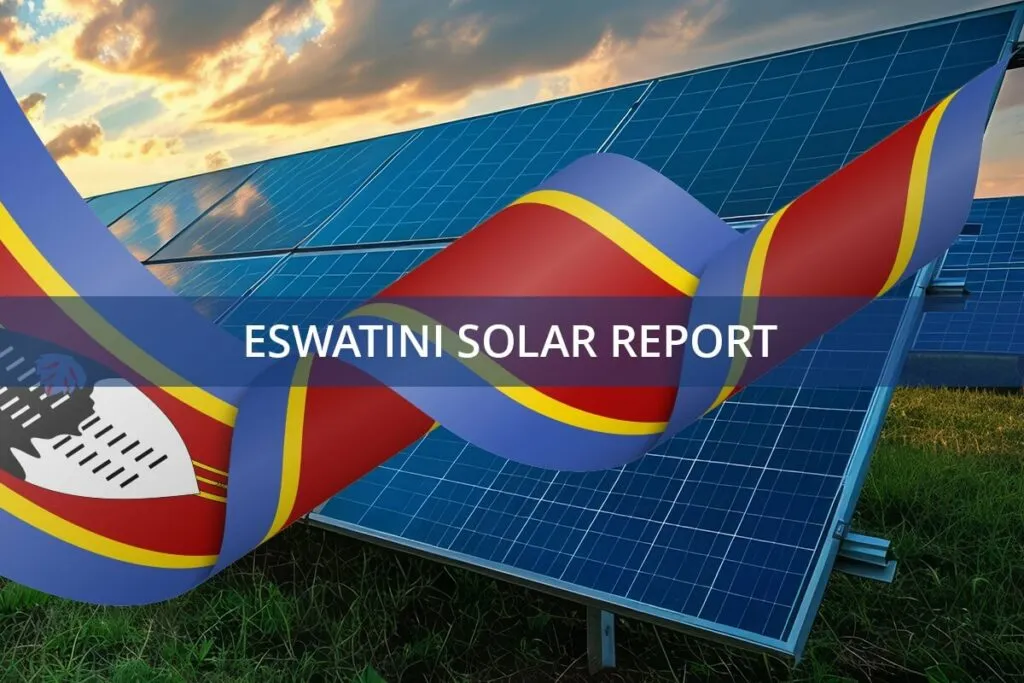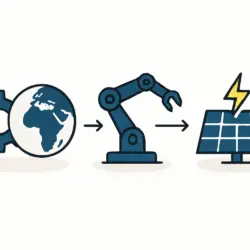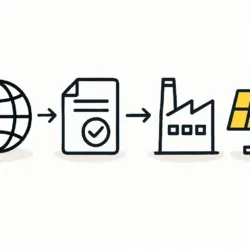Eswatini Renewable Energy Initiative: A Blueprint for Africa’s Future
Eswatini is making significant strides toward universal access to electricity by 2030, driven by its Off-Grid Energy Master Plan (OGEMP) and the Renewable Energy for Rural Electrification in Eswatini (RERE) project. Supported by the European Union, the Eswatini government, and the United Nations Development Programme (UNDP), this visionary energy initiative aims to provide cost-effective renewable energy solutions to more than 45,000 households and address the critical energy needs of rural communities.
The project focuses on developing an efficient supply chain for off-grid renewable energy technologies like solar home systems, mini-grids, and improved cooking stoves. It also emphasizes building local capacity and raising awareness to foster a supportive environment for adopting these technologies. Key stakeholders, including the Ministry of Natural Resources and Energy and the Eswatini Energy Regulatory Authority, are implementing this ambitious program, guided by the country’s National Energy Policy and Energy Master Plan.
Africa’s Renewable Energy Growth and Eswatini’s Role
While Eswatini’s specific plans are not publicly detailed, its efforts reflect a broader trend seen in Africa’s off-grid energy news: a significant expansion of renewable solutions, particularly solar power, to address energy access challenges. For example, initiatives like Mission 300 aim to provide 300 million Africans with electricity by 2030, while the African Development Bank has secured $50 billion for a similar goal—both leveraging a mix of grid expansion and off-grid renewable solutions.
Off-grid solar energy is increasingly recognized as a viable solution to Africa’s power shortages, providing reliable electricity to rural areas and boosting economic growth. The expansion of off-grid solar systems across the continent, including in countries like Nigeria and Kenya, has been substantial, with more than 60 million people now benefiting from these systems.
For more on Eswatini’s energy landscape, see this detailed report on the reliability of the country’s electrical power supply grid.
Eswatini Renewable Energy as a Model for Regional Development
The RERE project is a significant step forward in Eswatini’s efforts to transition to sustainable energy, reduce greenhouse gas emissions, and improve the quality of life for its rural population. Its success could serve as a model for other countries in the region seeking to expand their renewable energy infrastructure and achieve energy security.
As Eswatini continues its journey toward off-grid energy solutions, its approach and achievements could inspire and inform similar initiatives across the African continent. The potential for transforming energy access and sustainability in the region is vast, and Eswatini’s progress could be a beacon for others to follow.



